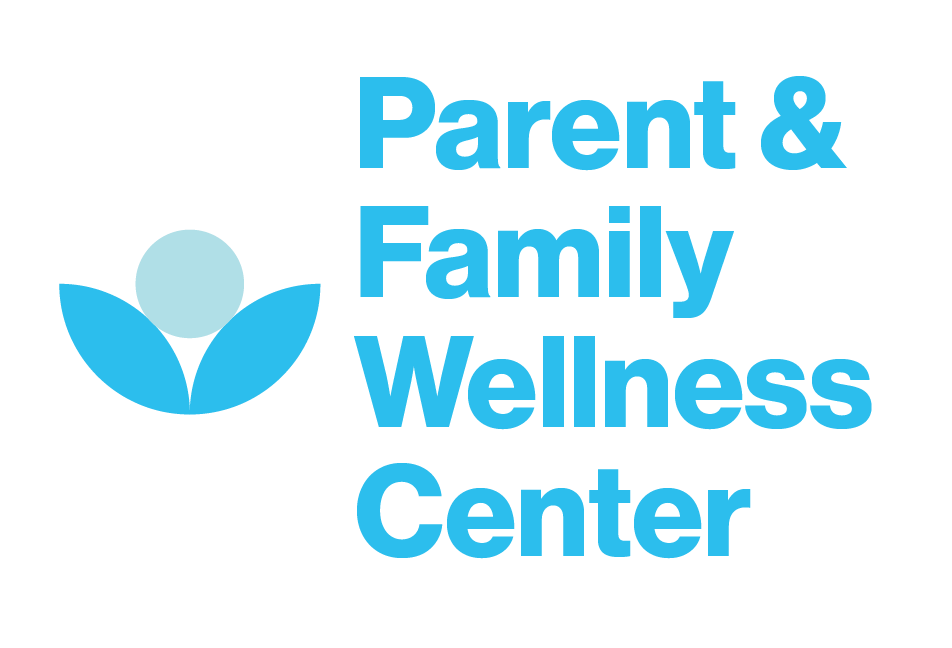Sex and Parenthood | Part 1
This week on the PWCB blog, we’re talking all about sex.
It’s incredible to think that this one little word yields so much power. It grabs our attention, titillates us, flusters us, and compels us to speak in hushed tones behind closed doors. With all of its impact, its meaning and magnitude, sex is something that most of us do not learn to talk about.
We entrust sex education to high school health teachers and the pornography industry, and we wonder why we are struggling with sexual relationships, especially when we grow our families and children come into the picture. In this transition to parenthood, our reproductive systems are involved on every level, but we are not talking about sex in birthing classes or in parenting forums. Sometimes we’re not even talking about it with friends or partners.
For biological mothers, the parts of our bodies we were conditioned to identify with sexuality have become altered, and are now incredibly utilitarian. Nonetheless, we are confused, frustrated, and maybe even scared or ashamed when our relationship to sex and sexuality changes. We often hear our clients asking: “What happened? What went wrong? What’s wrong with me?”
There is nothing wrong with you! If we’re looking for a culprit for the difficult feelings we’re experiencing, we should look no further than the societal norms that keep this topic shrouded in mystery and set up inappropriate expectations for how we should feel, look and act.
If you are parenting young children and worried about your relationship to sexual intimacy or desire, you are absolutely not alone. Some studies have shown that while almost 90% of postpartum women resume sexual activity within 6 months of birth, up to 85% of women report having markedly lower levels of sexual pleasure and satisfaction for up to 18 months after birth.
We hear frequent concerns in therapy sessions about decreased libido, desire differentials between partners, and physical pain or unpleasant changes related to sex after birth. Exhaustion, being ‘touched out,’ frustration, resentment, and feelings of rejection and abandonment all get played out in our bedrooms, and we don’t know what to do.
The first step in doing something about this concern, like so many of the concerns we face as parents, is to turn towards it. Cultivate curiosity, and see if you can mix in a bit of bravery.
Your first assignment is to turn toward the topic of sex, get curious, and start talking. We’ll have more thoughts to share in the coming months!
This week I encourage you to try the following simple exercise:
Find a quiet moment where you can have 2 minutes to yourself.
Get a paper, a pen or pencil, sit comfortably, and take 3 full, deep breaths.
At the top of a piece of paper, write the word ‘SEX.’
Set a timer for 60 seconds, and under that word, write each and every word that comes to your mind that is associated with this topic.
This is a free association exercise: first thought, best thought. Don’t stop writing, even if it’s the same words over and over. Take one minute and see what happens.
Bonus points: If you’re feeling particularly brave, you and a partner or friend can do this exercise together and read your lists out loud to one another.
This post is written by Emily Horowitz, MA, LPC. Emily is the clinical director, as well as a training director and senior supervising psychotherapist and the PWCB. Her services include individuals/couples psychotherapy, consulting, infant mental health, parent coaching/support, clinical supervision, and professional consultation for mental health clinicians.

